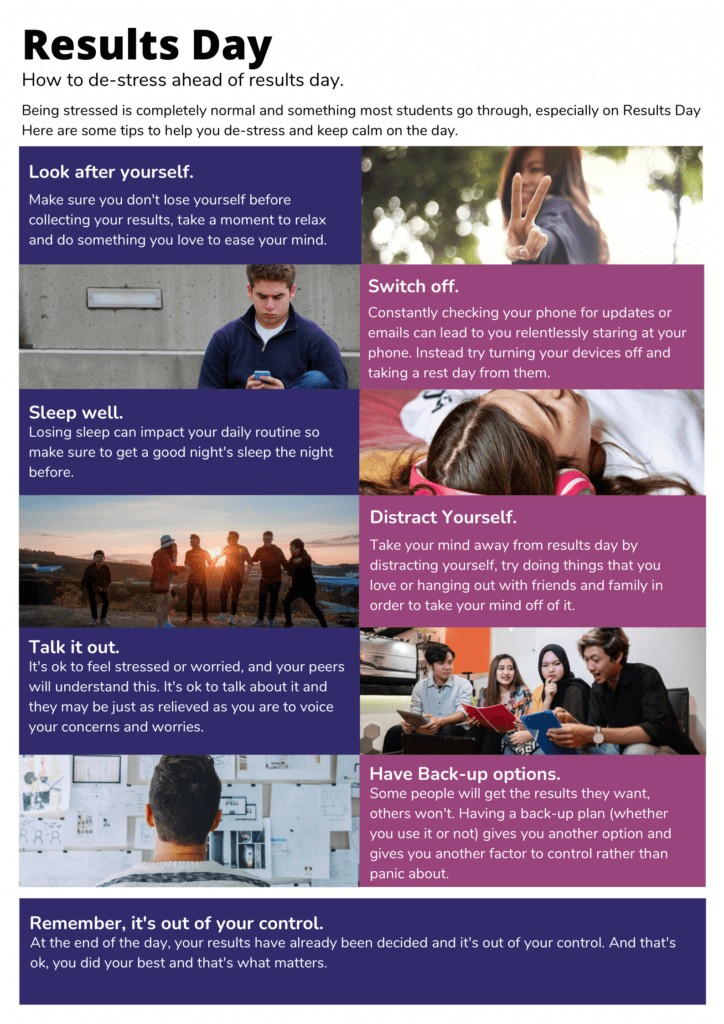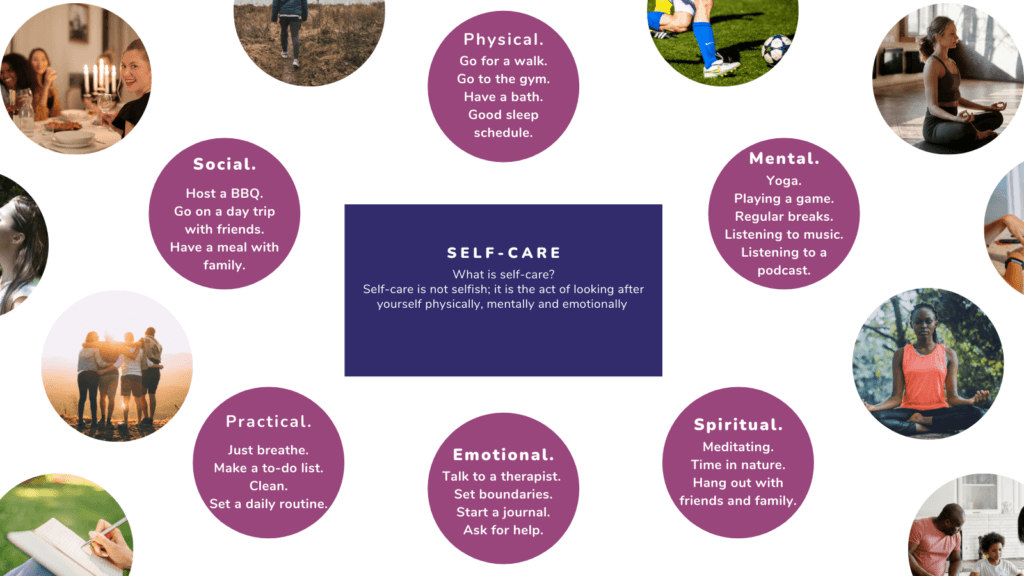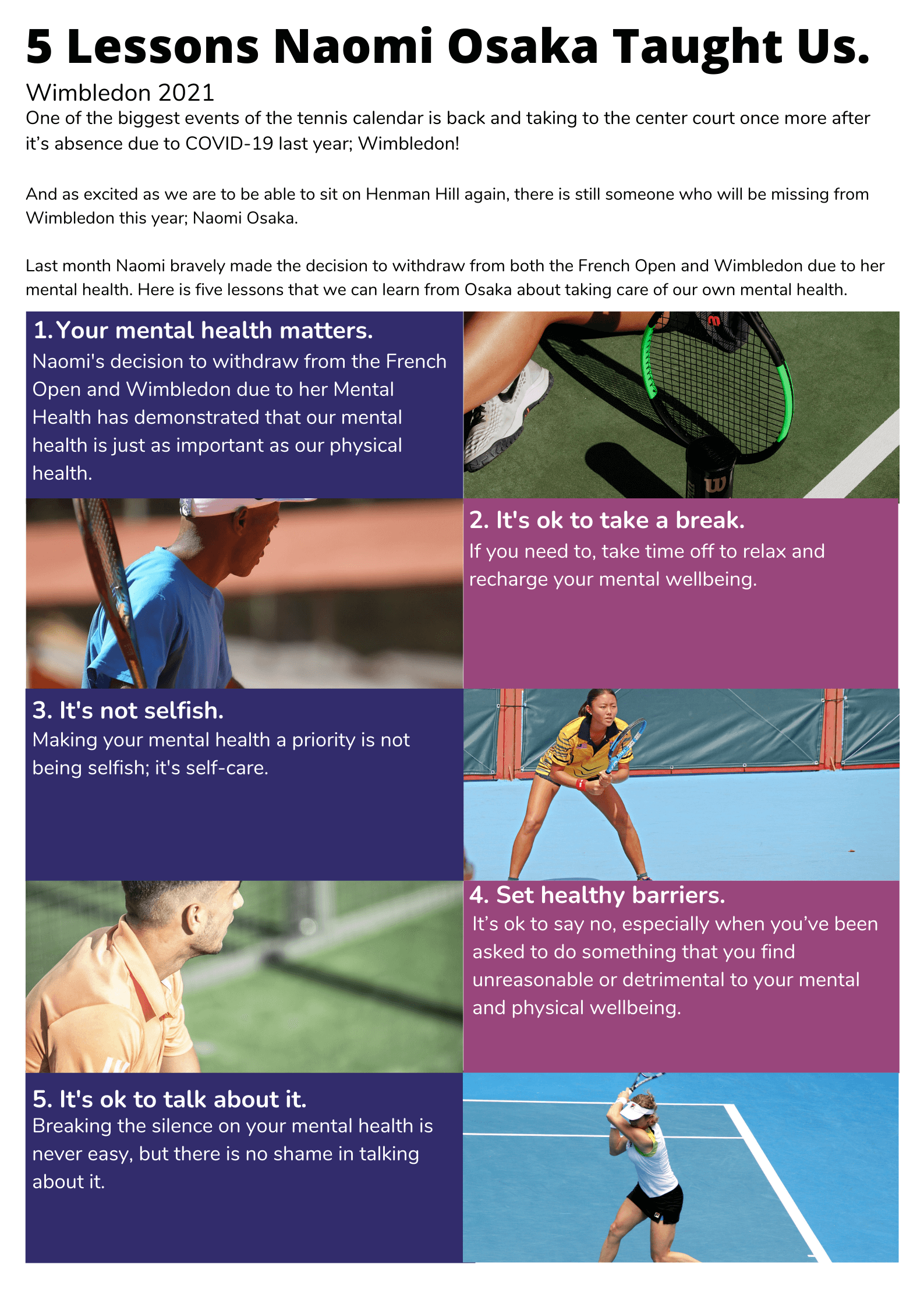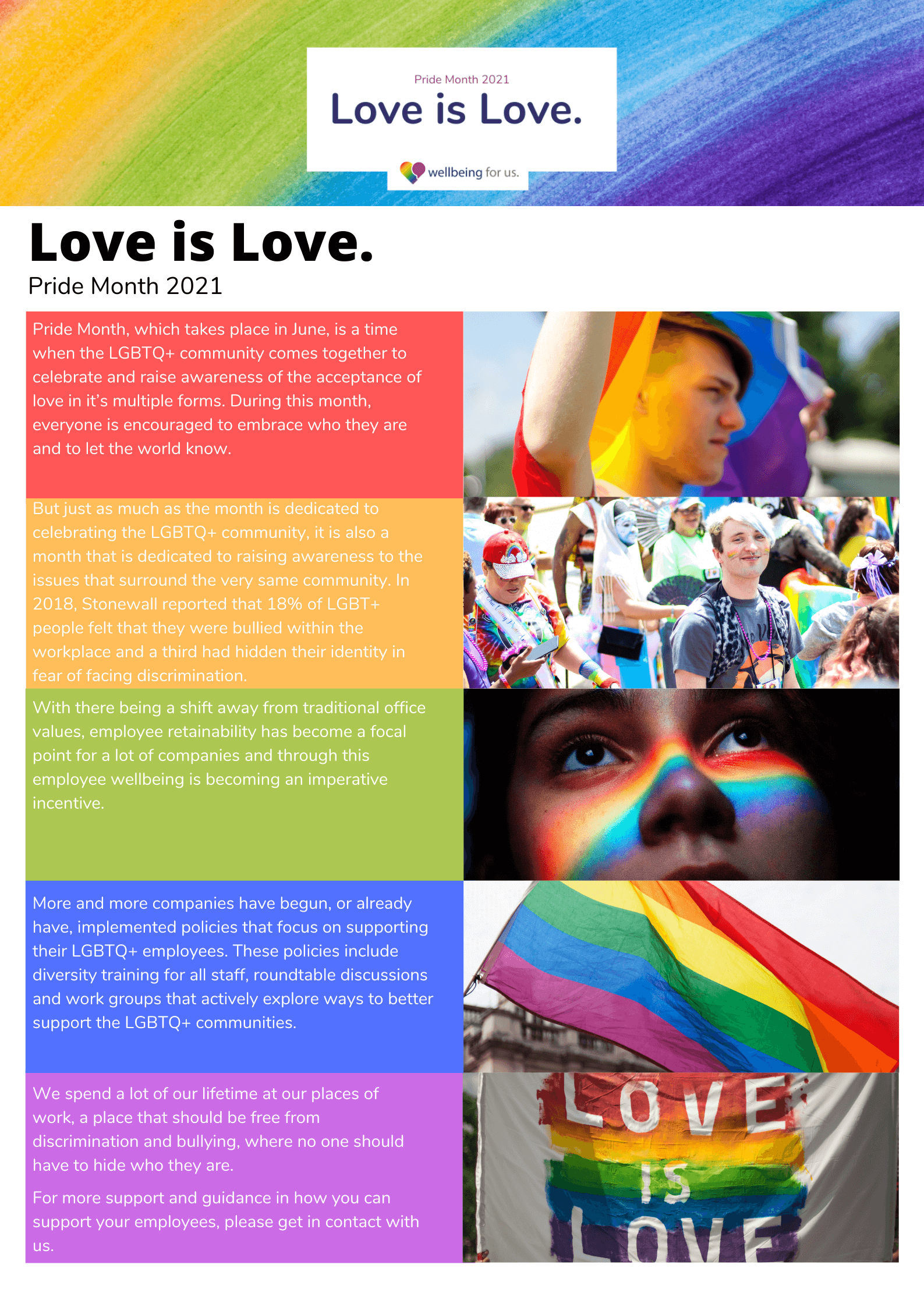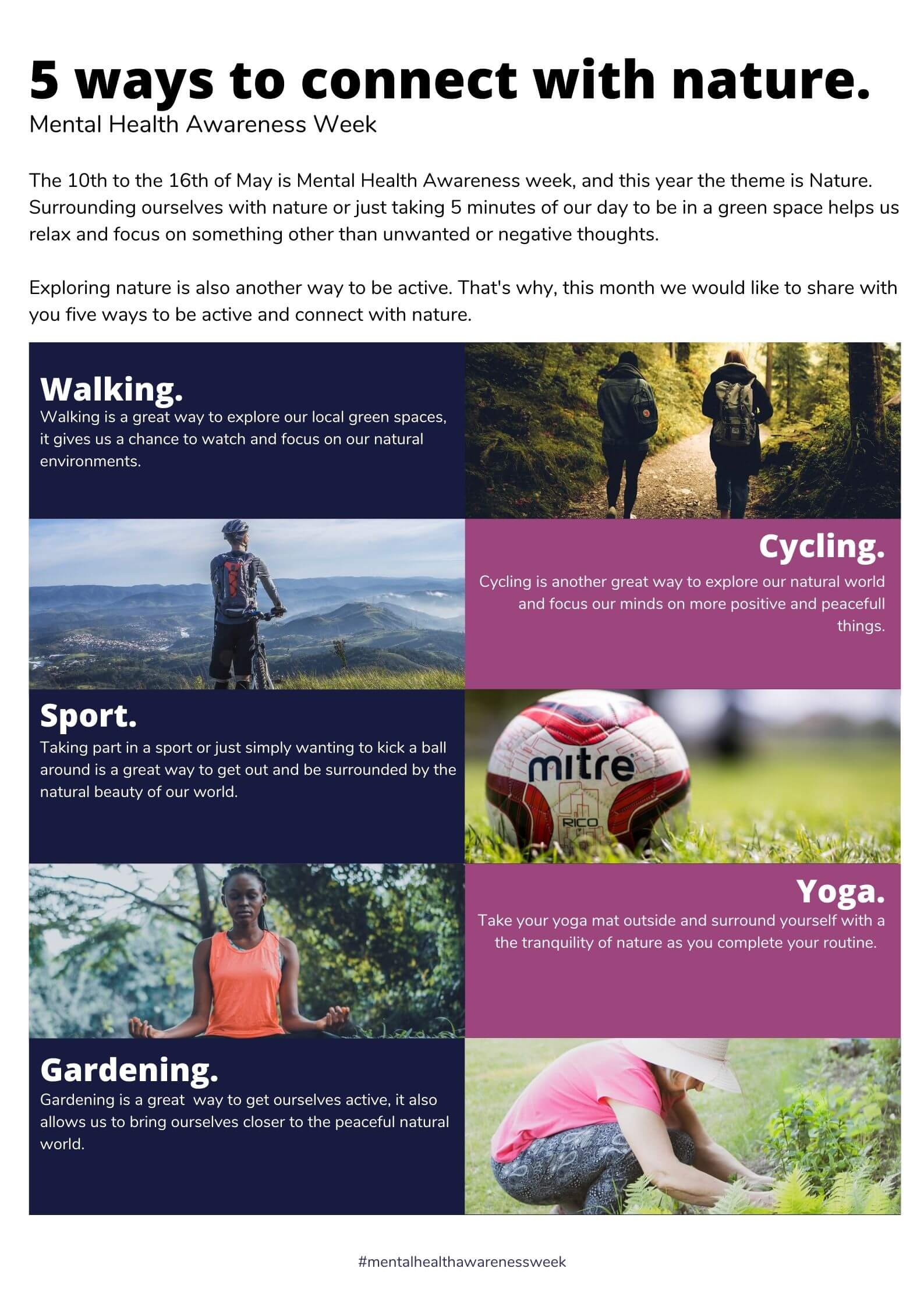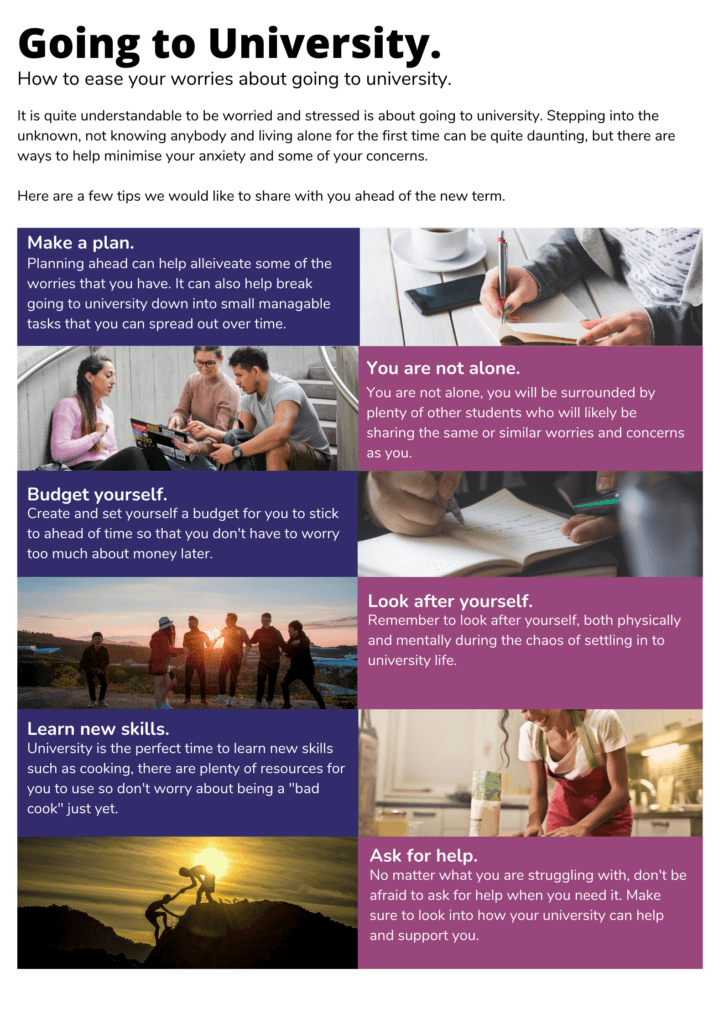
April Stress Awareness Month
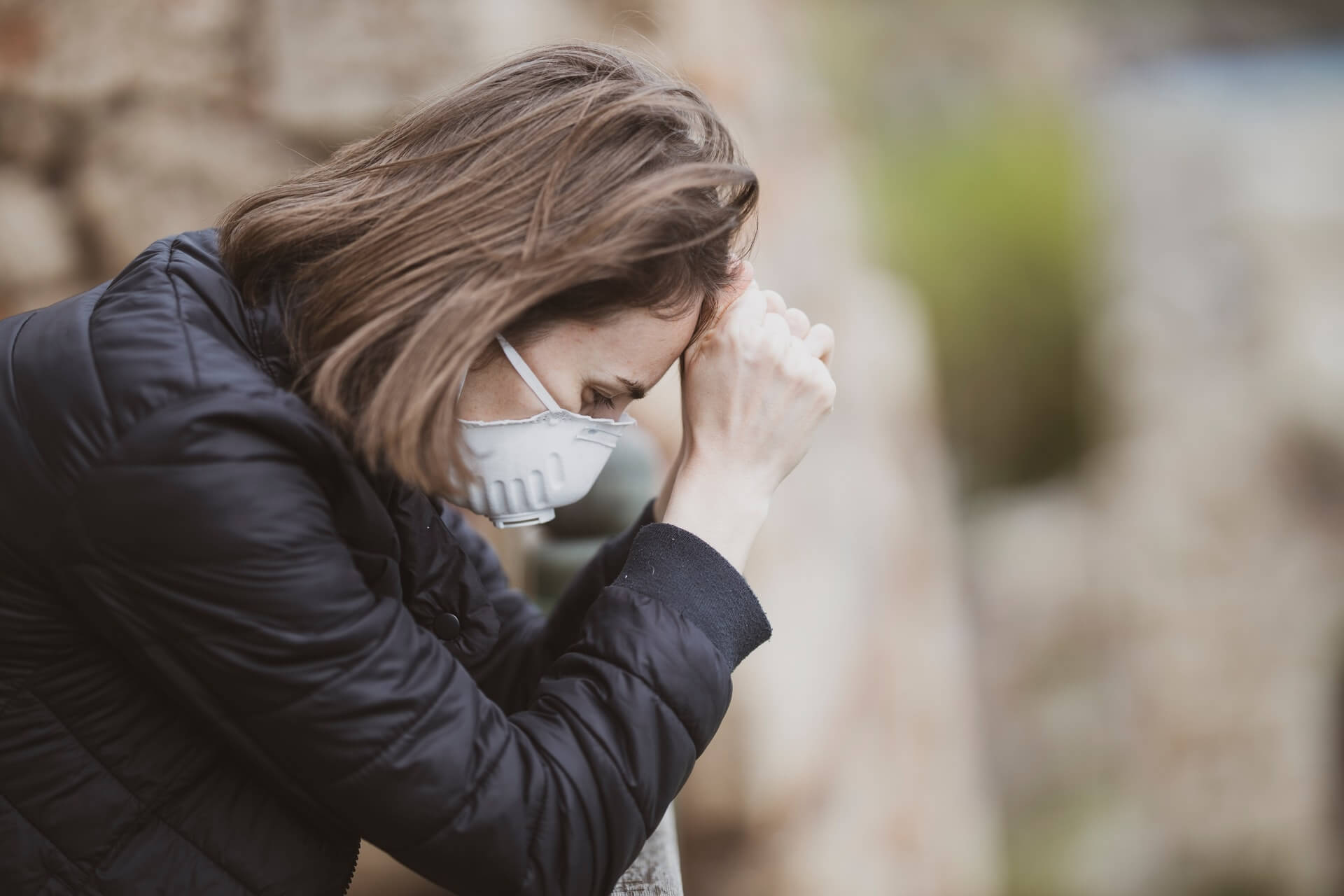
Firstly you are not alone. Since the pandemic we have all experienced increasingly higher levels of stress than normal. Statistics taken from a study by Oracle 2020, has shown that 85% have increased mental health difficulties. Poor health, relationship breakdowns, lethargy and overall exhaustion. Doing nothing has actually made us more anxious, worried and frightened.
Getting into a good routine and talking to someone is key to good mental development. Sharing your experience with others and finding out that you are not the only one has huge benefits for your mental health.
Connecting with others is so important. As humans we need connection. It is important to also get out in nature and feel the sun on your face and the wind in your hair. Being in the presence of animals is also perfect for decreasing stress levels.
So please reach out and remember you are not alone.
April Stress Awareness Month Read More »
International Women’s Day

“Challenges are gifts that force us to search for a new centre of gravity. Don’t fight them. Just find a new way to stand.”
Oprah Winfrey
A woman’s position in society is forever changing. With everything that has happened this month every woman across the UK is questioning safety, boundaries, relationships and gender identity. There will always be change and society is constantly evolving.
What is important now is to show kindness and respect to one another, whilst listening to the voice of all women and then focussing on how to share personal stories and let voices be heard. That is what will bring about true change not through violence but through compassion and listening.
International Women’s Day Read More »
Rare Disease Day
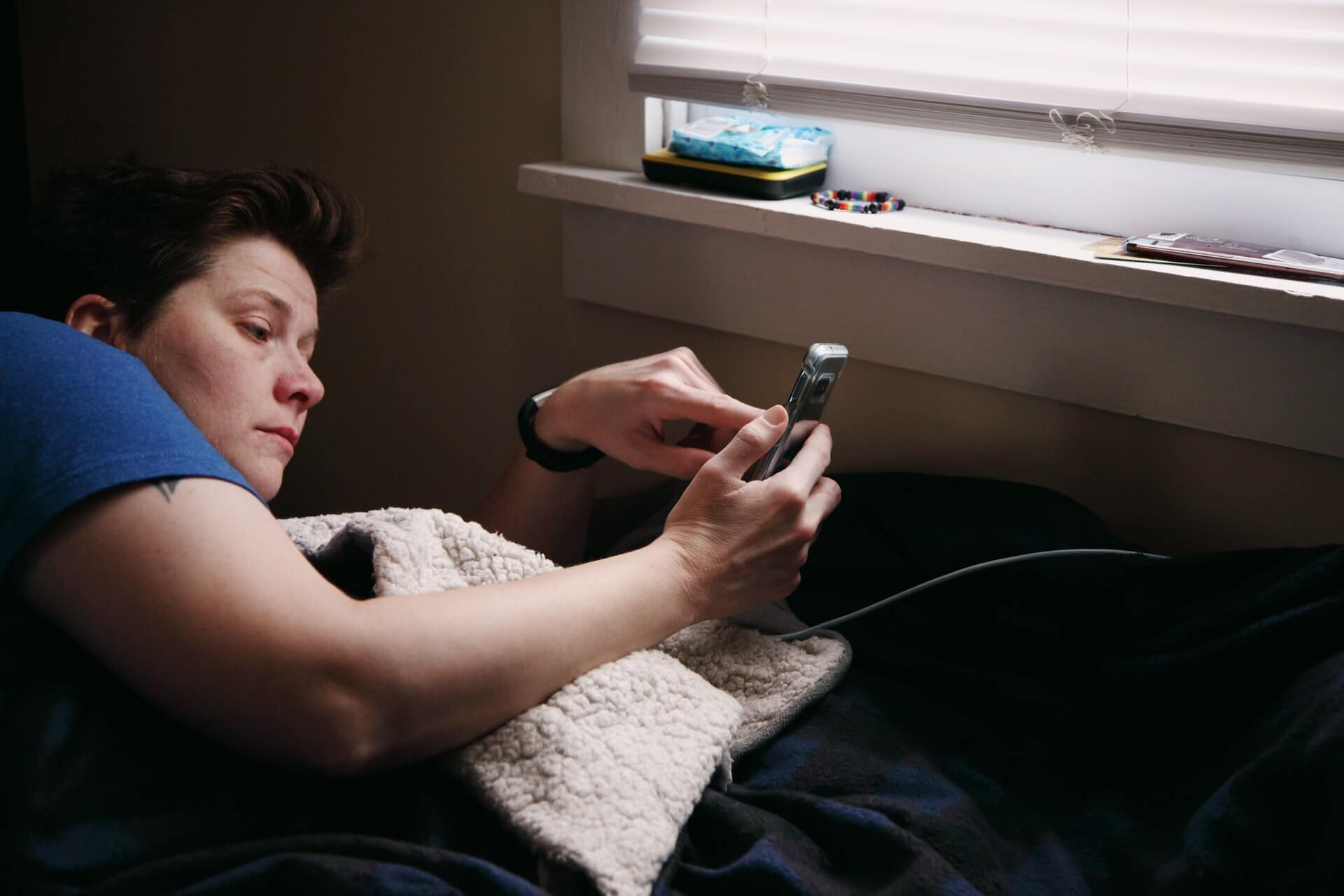
Today is a special day to raise awareness amongst the general public and decision-makers about rare diseases and their impact on patients lives.
Unlike more well-known diseases such as cancer, when you do get diagnosed with a rare disease it can be very isolating and difficult to get support. This ultimately affects your mental health.
It is known that 1 in 20 people will live with a rare disease at some point. Rare Disease Day improves knowledge amongst the general public of rare diseases while encouraging researchers and decision makers to address the needs of those living with rare diseases.
The campaign started as a European event and has progressively become a world phenomenon. The first Rare Disease Day was celebrated in 2008 on 29 February, a ‘rare’ date that happens only once every four years. Ever since, Rare Disease Day has taken place on the last day of February, a month known for having a ‘rare’ number of days.
New Start New You

“The first step towards getting somewhere
is to decide you’re not going to stay where you are.”
J P Morgan
After the shock of last year and as a world community what we have experienced. It has brought so much into perspective in terms of looking at our own lives. Analysing what is working and perhaps what is not working.
I think the pandemic has brought so many questions in terms of wider issues such as race, diversity, equality and wellbeing for us all. Personal questions have come to the surface such as “Am I happy? Is my job right for me? Do I live how I really want to live?“
As the quote by J P Morgan said - first let's decide what we do not want and then let's go from there.
If you need help in mapping out your new future and your journey then please speak to one of our trained advisers and we can be of assistance. Or perhaps by attending one of our workshops and sharing your story with others could be of benefit also.
Remember we are here to support you. Let me leave you with this just as equally inspiring quote:
“Do not wait until the conditions are perfect to begin.
Beginning makes the conditions perfect.”
Alan Cohen

